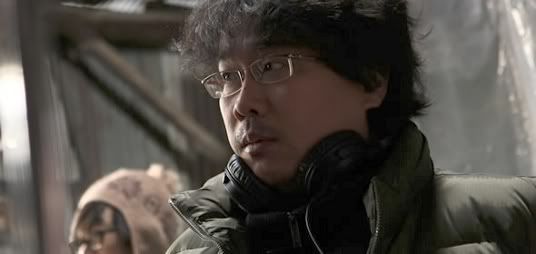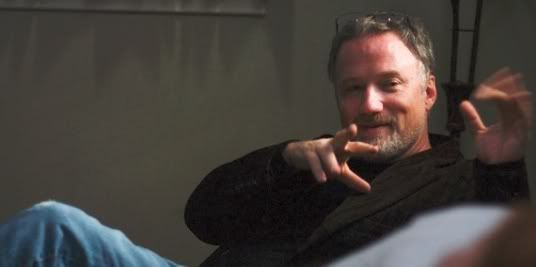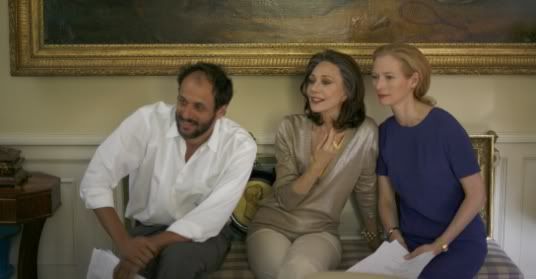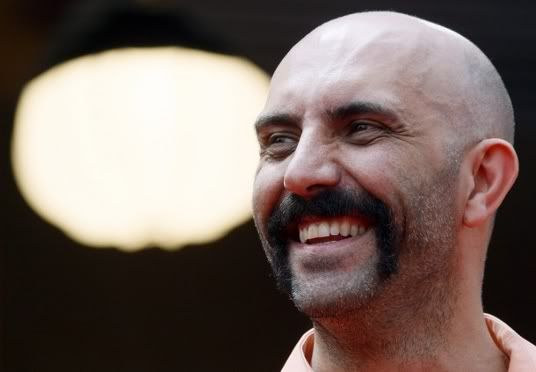Tuesday, March 29, 2011
Monday, March 28, 2011
First Look: Brave


Sunday, March 27, 2011
Who's ready for tea?

Saturday, March 26, 2011
First Look: Carnage
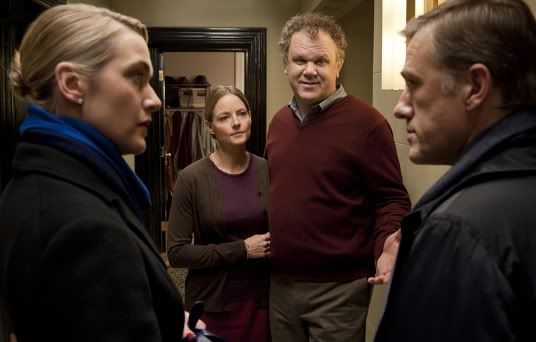
Friday, March 25, 2011
More Explosions in the Sky
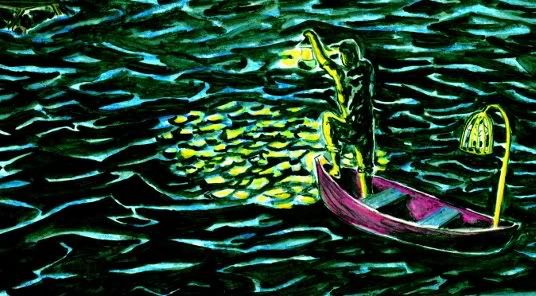
Thursday, March 24, 2011
Richard Leacock, 1921-2011
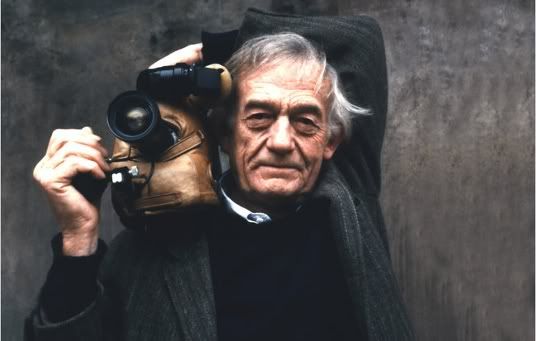
Richard Leacock, the British cameraman and documentarian behind some of the most influential films of the last century, including Louisiana Story, Monterey Pop and the JFK/Humphrey showdown Primary, has died. He's one of those people who've made a lasting impact on our culture, as a key purveyor of cinéma vérité or "fly on the wall" cinema, but never developed a strong following or recognizable name. His camera work was simple and clean, focused on the characters and their surroundings as they were. That's not to say his films aren't beautifully framed, but he was a great at capturing the beauty and significance of ordinary and extraordinary lives.
Tuesday, March 22, 2011
Pigeon-toed Orange Peel
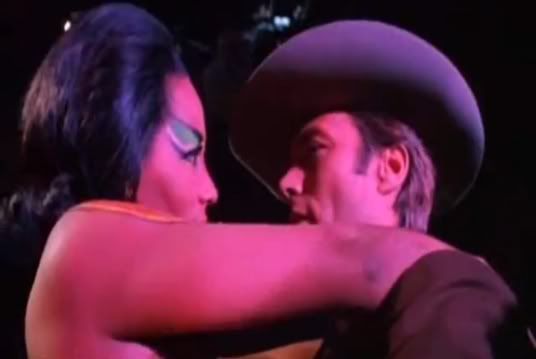
Sunday, March 20, 2011
A roadmap to the world of sci-fi

A fascinating graphic tracing the evolution of science fiction has cropped up via one of my favorite blogs, Strange Maps. Throughout my life I've gone through phases with specific sci-fi authors (Poe, Wells, Lovecraft, Bradbury), but never really with the genre as a whole. This map, however, does a fascinating job placing some of the familiar names and classic works in their cultural context. Through its Jules Verne-ish tentacles, it traces the separate threads of art, mythology, philosophy and science and how developments in each played into the growth of the literature (and, as a consequence, film as well). You could spend an hour or more poring over the map and still find interesting new avenues and intersections. If nothing else, it provides a cheat sheet of necessary reading.
Saturday, March 19, 2011
Never Too Late: Things We Lost in the Fire

Watching Things We Lost in the Fire, I was confident that the screenplay had been adapted from a novel or a play, or possibly a foreign film (its director is Susanne Bier, the Danish auteur behind Brothers and this year’s Foreign Oscar winner In a Better World). It’s not that the film itself is literary or stagey, starched by its devotion to some exterior source material. The cinematography is actually quite striking and the sets are fluid and deliberately assembled. The simple fact is that few movies get made like this anymore. It’s a very simple film whose sole concern is its characters, in the same vein as classics like The Best Years of Our Lives or Friendly Persuasion or The Sundowners.
The film is so observant of its characters, so focused on the beats and nuances of human life, so assured that the story it’s telling is the right one, that it doesn’t seem possible that it could be an “original” idea. In truth, Things We Lost in the Fire is a spec script from Allan Loeb, an unknown at the time the film was made in 2007 who is now just about everywhere. (Everywhere, unfortunately, includes such clunkers as 21, The Switch, The Dilemma and the Adam Sandler vehicle Just Go with It. His descent into schlock is inexplicable, but at least he’s working.)
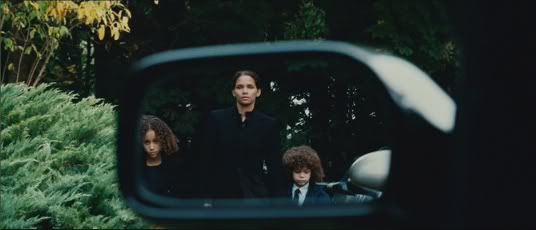
Recently widowed by a sudden, violent act, Audrey Burke (Halle Berry) invites her husband Brian’s (David Duchovny) heroin-addict childhood friend Jerry (Benicio Del Toro) into her home. Once he’s there, the pair walk a delicate tightrope. Audrey is uncomfortable with how easily Jerry assimilates into the family, including her two young children, Harper and Dory. Jerry is uncomfortable with the burgeoning sexual attraction between he and Audrey and with the instability that’s a byproduct of Audrey’s grief (in one scene, she asks him what shooting heroin is like, telling him she wants to “escape”).
The overarching plot is actually a bit thin, but like a good novel the devil is in the details. Loeb and Bier reward attentive viewers by meting out insights into the characters. The screenplay is interested in the little white lies characters tell themselves and others. To get Jerry into her home, Audrey tells him she has a mortgage to pay and his eventual rent payments will make that easier to bear. We later find out that her deceased husband has left his family comfortably well-off. Meanwhile, Brian co-opted one of Jerry’s sage pieces of advice and Jerry has co-opted Brian’s two kids as his own, interestingly to avoid a romantic advance.
Supporting characters are similarly well-drawn. John Carroll Lynch (the creepy squirrel-keeper in Zodiac) plays an affable neighbor, quietly hating his domineering wife. Alison Lohman (Drag Me to Hell) is a former addict who has gotten her shit together and hopes to help Jerry do the same, although she has some ulterior motives herself. Audrey’s family, including Omar Benson Miller (Spike Lee’s gentle giant in Miracle at St. Anna) and Paula Newsome (a familiar face but unknown name from various TV shows), are at once supportive and stifling.
Also important are the complex issues that are, just like life, left to drift away from the character’s grasps. The film doesn’t try to answer all the questions for us and doesn’t apologize for not doing so, either.

The most important character arc is Audrey’s and Halle Berry does a magnificent job as a woman blindsided by grief but holding it together for her children. In quiet moments with Jerry, away from the prying eyes of family and neighbors and her own children, she reveals the turmoil roiling underneath. Finally, after it’s clear that her children are progressing through their own grief, Audrey breaks down. But even then Berry doesn’t over-do it. Her performance is wrenching but never melodramatic.
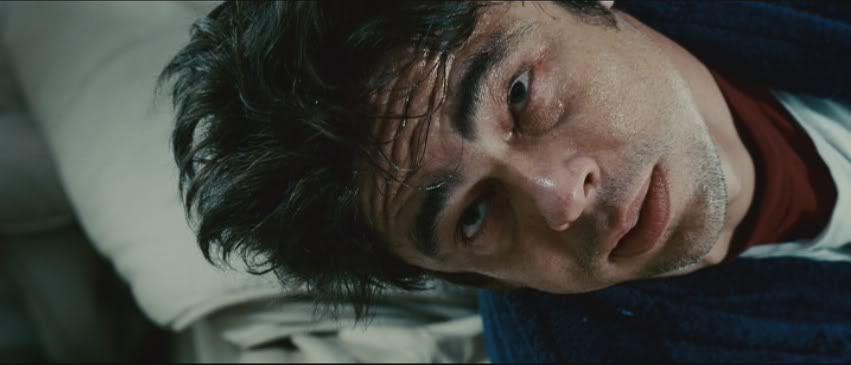
Del Toro gets the showier role in the film, but he exercises a similar restraint. Every step of the way, his character is confused about his place in his adoptive family. He takes pains not to overstep his bounds, and yet he still crosses them. Later, when the audience is let in on the physical pains he goes through withdrawing from heroin, Del Toro's suffering is very real. I’ve never witnessed the process myself, thankfully, but it seems like a good approximation. He’s enthralling and yet not a sideshow.
It’s unfortunate that Things We Lost in the Fire didn’t get the attention it richly deserved back in 2007, when it was dumped into theaters with little fanfare. Since then, Bier has gone back to her native Denmark and made award-winning films, content to avoid the Hollywood system that tossed her a bone and then kicked her back to the curb. Halle Berry took a long hiatus and gave the Oscars another go with the multiple-personality drama Frankie & Alice. I haven’t seen it, but it seems like a move made out of desperation. Del Toro spent a year in the jungle with Steven Soderbergh on Che and picked up a kudos from Cannes for his effort, although little else. The Wolfman, his first real attempt at a blockbuster, blew up in his face last year. The next place to you can see the work of Allan Loeb, who showed such promise here, will be So Undercover, a Miley Cyrus sorority comedy. Angels cry.
Three of them should be a lot farther in their (Hollywood) careers given the tour de force that is Things We Lost in the Fire. Alas, they only get a thumbs up from me, nearly four years after the fact.
Thursday, March 17, 2011
Starry, starry Midnight in Paris
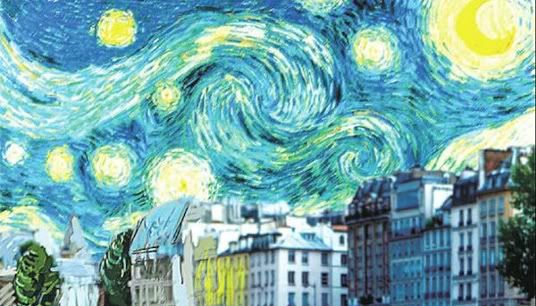
The teaser poster for Woody Allen's latest European vacation project, Midnight in Paris, has arrived and it steals from the best. Although the reference material, Vincent Van Gogh's iconic 1889 painting "The Starry Night," is less than inspired, it's a beautiful, evocative poster.
Monday, March 14, 2011
Whole Lotta Tree of Life

Collider, via the crafty Russian (don't they manage to get everything?) site Kinopoisk, has a selection of some of the 70 Tree of Life stills that surfaced today. The images have mysteriously vanished from Kinopoisk, so if you're interested in getting a sneak peak of Terrence Malick's new film, you should probably act fast.
Sunday, March 13, 2011
3D for the masses?
 First, a programming note. Internet difficulties have prevented me from posting most of this week. Take note: Verizon tech support (like most tech support) sucks.
First, a programming note. Internet difficulties have prevented me from posting most of this week. Take note: Verizon tech support (like most tech support) sucks.Monday, March 7, 2011
Ten Films to Watch in 2011
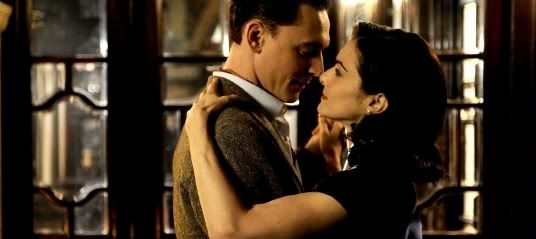

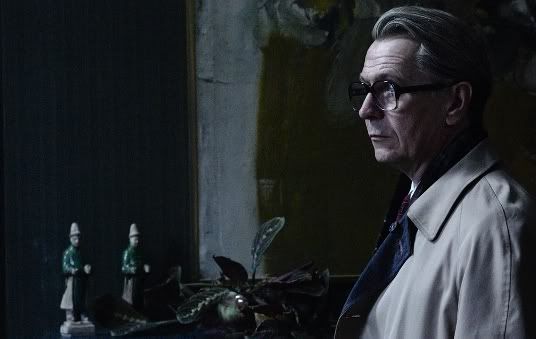
Sunday, March 6, 2011
All of the seizures
Friday, March 4, 2011
Herzog back in the Subarctic
Thursday, March 3, 2011
The Return of Chen Zhen
Wednesday, March 2, 2011
Uncle Boonmee welcomes you to an "odd and beautiful world"

Blunt comments and Libyan crackpots

Reuters has an interesting analysis of the most likely countries to experience an uprising similar to those that
Tuesday, March 1, 2011
All about the Elba
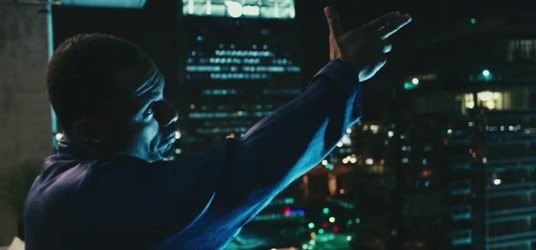
Jane Russell, 1921-2011
Sunday, February 27, 2011
Loretta Devine has a real dead love for Tyler Perry now
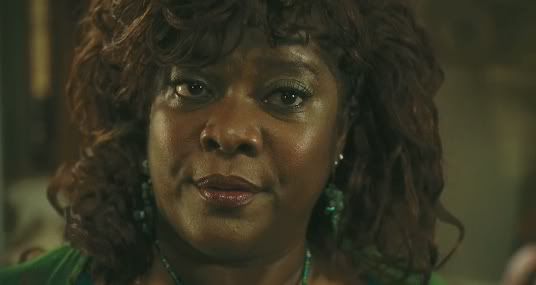
For Colored Girls is more interesting as an artistic statement than an actual work of art. For better or worse, Tyler Perry is the modern-day Douglas Sirk. He brings a very particular (read: peculiar) world view to every project, even, apparently, his adaptations. He perplexes film critics today, but I have a feeling that in 50 years he’ll have the same cult following that Sirk has posthumously enjoyed.
That said, how do I feel about Colored Girls? Remember that particular world view I was talking about? Even as a white twenty-something male, I can safely assume the black female experience is far removed from Perry’s conception of it. It’s not that anything that happens in his film is beyond belief. Iraq War veterans do abuse their wives and children; and they sometimes kill them, too. Promising young dancers do sometimes go to back-alley abortionists. And some black, male professionals do lead alternate lives “on the down low.”
It’s not that what happens in Perry’s film is so ridiculous. The problem is the way Perry stages his high drama and the pat catharsis he strives for. Everything that happens fits neatly inside his Southern Baptist sensibilities. Yes, all these bad things happen, but if the women can come together, stop being promiscuous, and take their own share of the blame, all will be good again. Finally, Perry’s daytime TV conception of city life and the “ghetto” is about as enlightened as a very special episode of The Fresh Prince of Bel-Air’s.
All those issues aside, the impressive cast strives valiantly to breathe life into Perry’s stilted dialogue. The opportunity to see Loretta Devine, Kimberly Elise, Phylicia Rashad and Kerry Washington — four of the most criminally under-utilized black actresses working today — shine in one film is golden. And, in a limited role as a broken down abortionist, Macy Gray packs a punch, too.
How could Perry produce such utter crap given such a talented cast? Short answer: He’s a true auteur. He couldn’t do it any other way.
Saturday, February 26, 2011
Biutiful a frank exploration of death
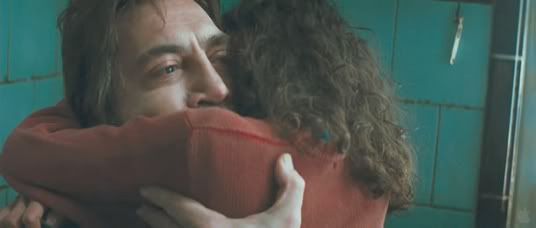
We're not lost, just finding our way
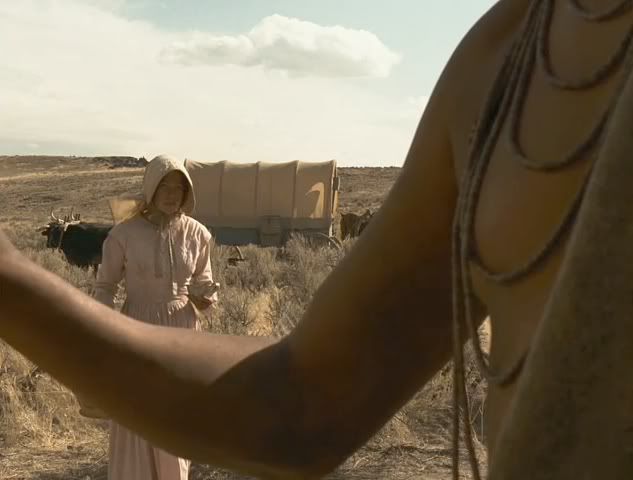
Thursday, February 24, 2011
Red Bandits
It's always difficult to judge a comedy based on its trailer since they tend to pack in the best punchlines (particularly the red band ones). Bad Teacher, however, looks pretty great. Phyllis Smith gets all the best laugh lines in this one. She's awesomely deadpan. I managed to compose myself pretty well, until this one:
Diaz: If I got a new pair of tits, he'd be all over me. But they're really expensive, you know, per tit.Phyllis: Yeah, and you've got to get two of them.
The Movies Are Dead; Long Live the Movies!
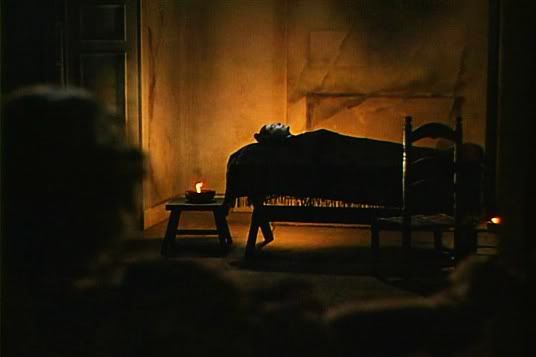
Monday, February 21, 2011
Best Picture Reimagined

As part of their annual awards shindig, the British Academy of Film and Television Arts (BAFTA) commissioned artwork for its Best Film category (via In Contention). The results are all interesting representations of the films they commemorate. I'm fond of the Inception poster myself. Check out the whole lineup on their website.
Sunday, February 20, 2011
Fatal Friendship in Born to Kill
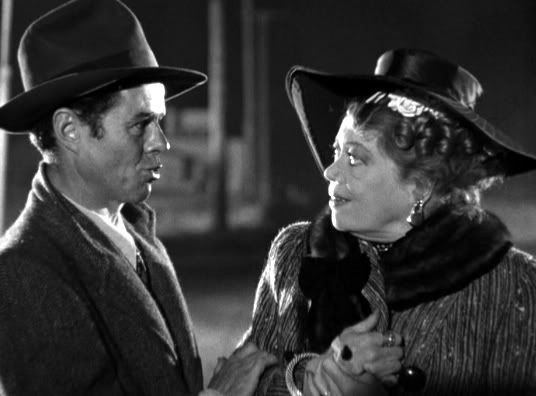
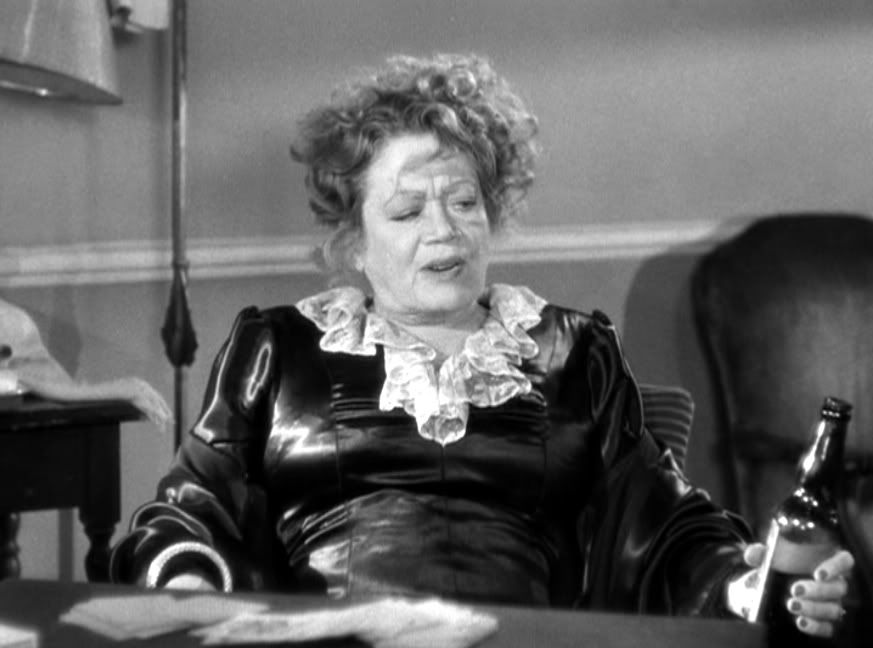
"I've reached the tail end of my life and all I had was Laury—Laury and the bottle. Well, there's nothing I can do for the bottle, but I'm sure not going to let Laury down."
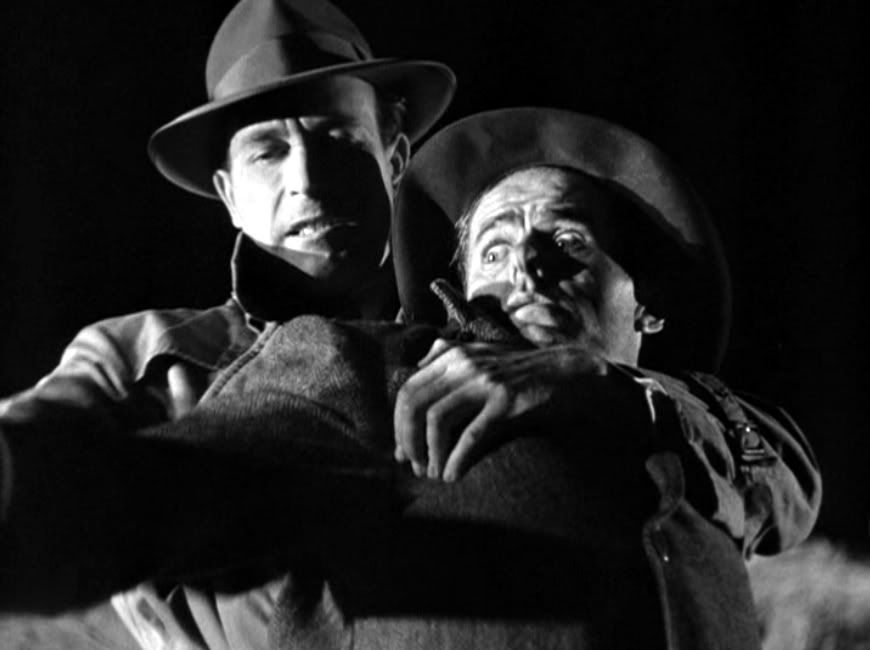
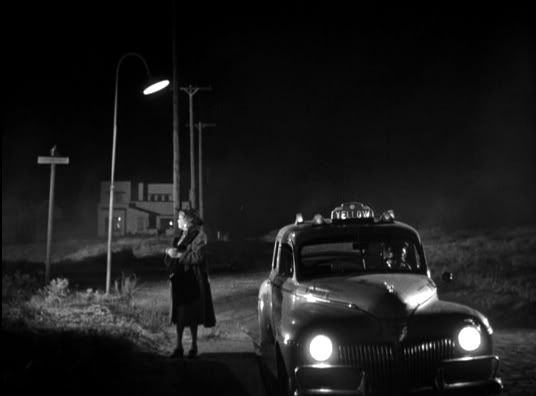
Instant Awesome: Still Bill

As a documentary, Still Bill is problematic at best, but as a catching-up with one of the best soul singers of the early '70s, the film (newly available on Netflix Instant) is golden. After a series of classic songs that crossed over into the mainstream ("Ain't No Sunshine," "Lean on Me," "Use Me") and prior to some latter-day cult hits ("Grandma's Hands" via Blackstreet's "No Diggity" and "Who Is He and What Is He to You" via Jackie Brown), Bill Withers bowed out of the music industry in 1985. He's held onto the mystique of the homegrown hit-maker ever since, never once capitalizing on the nostalgia he's left behind.
Friday, February 18, 2011
Wednesday, February 16, 2011
Uncle Boonmee Who Can Recall His Past Lives
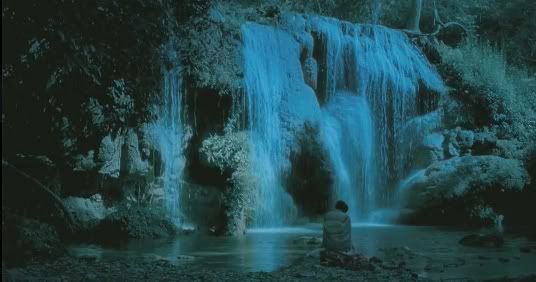
The Dark End of the Street
Duritz:
The Dark End Of The Street by CaptFantastic
Carr:
Tuesday, February 15, 2011
Widescreen Awards: The Winners
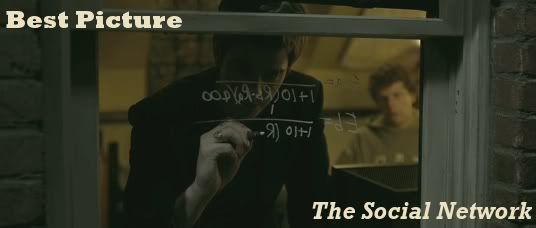
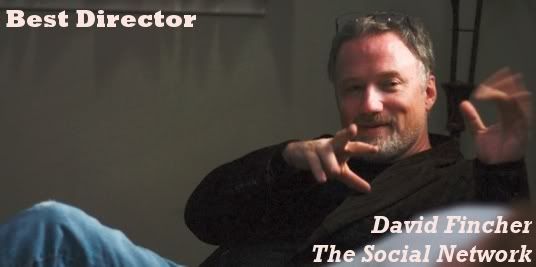
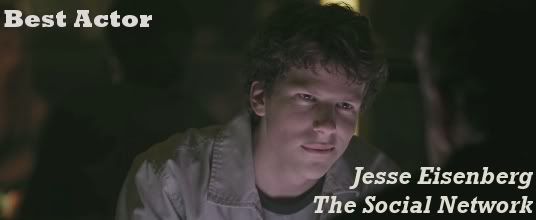
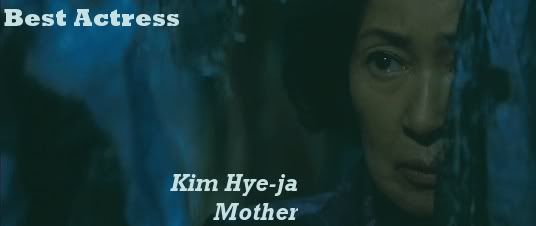
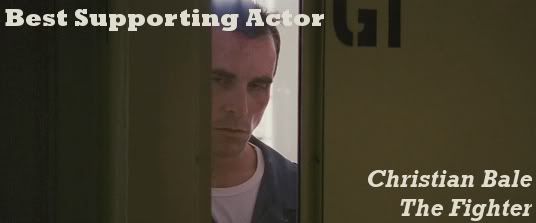
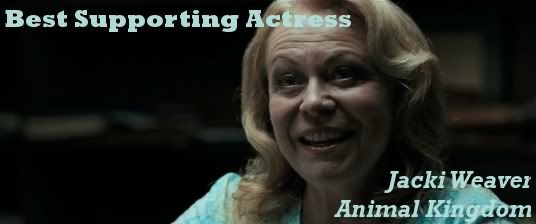
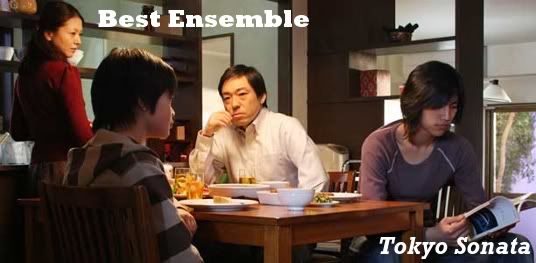

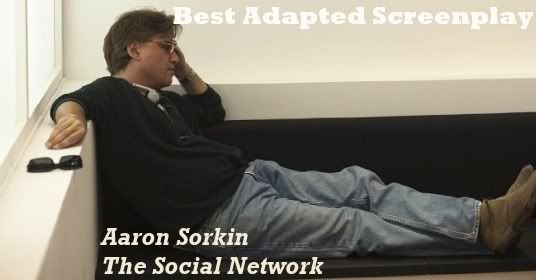
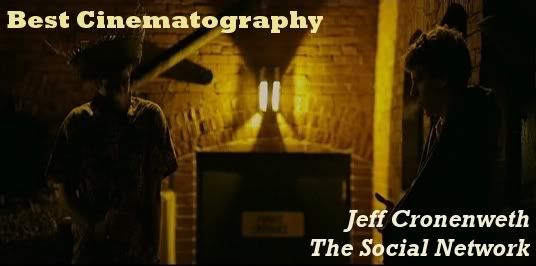
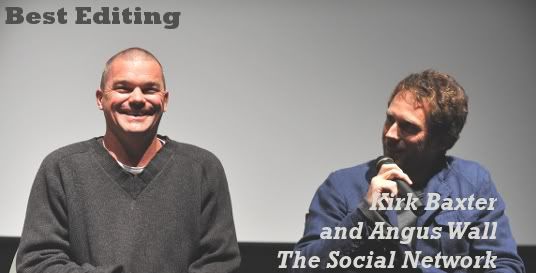
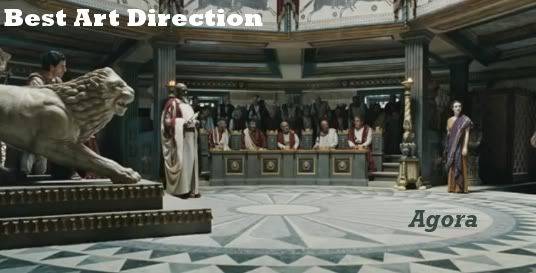



~ Inception
~ The Social Network
Monday, February 14, 2011
Widescreen Awards: Director
